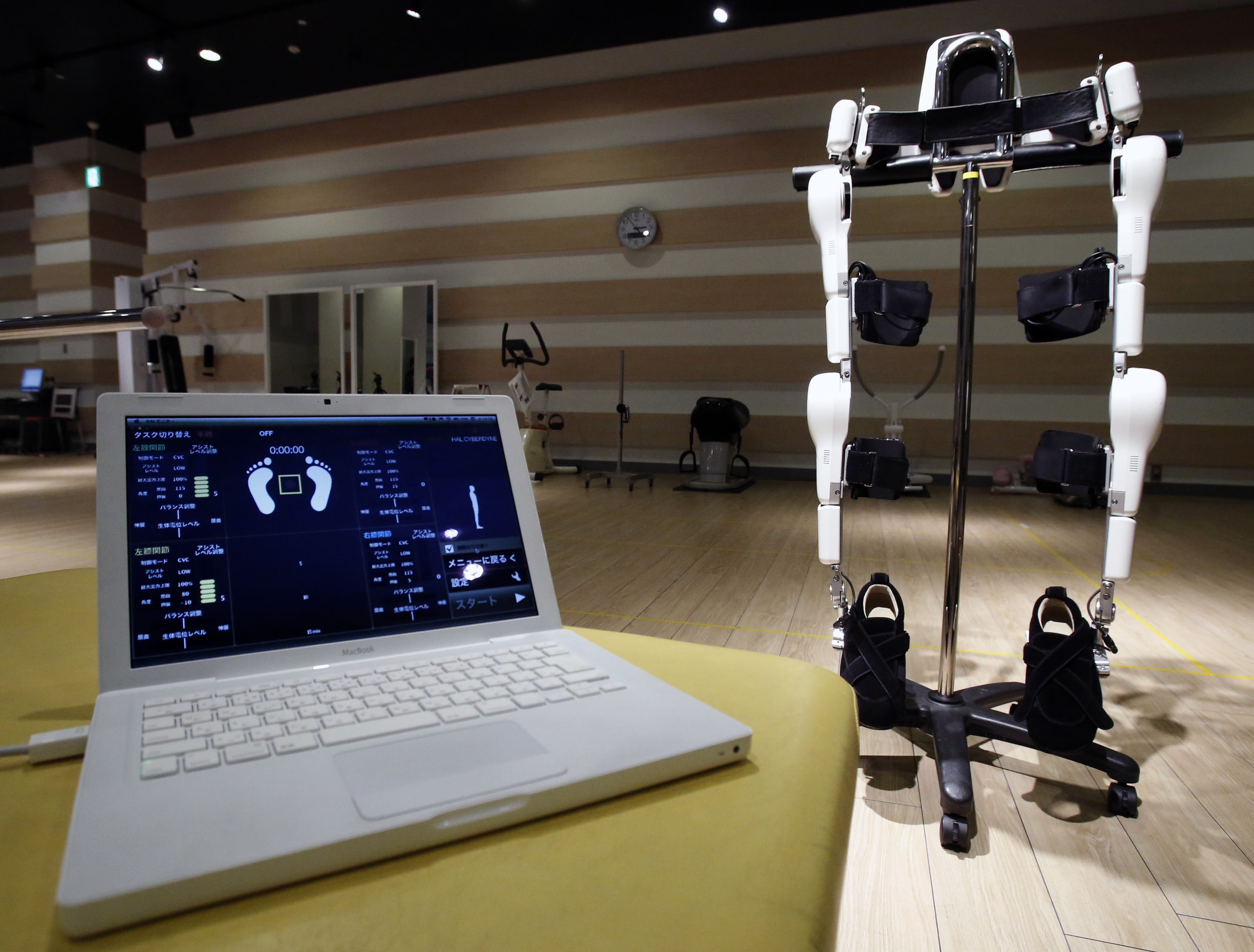Neurosurgeon Tetsuya Goto had just begun testing a robot to perform brain surgery when he discovered Japan was moving to tighten regulations that would shut down his seven-year project.
Over the next dozen years he watched in frustration as the da Vinci, a rival endoscopic robot that U.S. regulators had already approved, became a commercial success while his and other Japanese prototypes languished in laboratories.
Japan, with the world's largest robot population, is now awakening to a crisis as its lead in robotics — one of its last areas of technological prominence — comes under threat from better-coordinated efforts in the United States and Germany, as well as Asian rivals South Korea and China.



